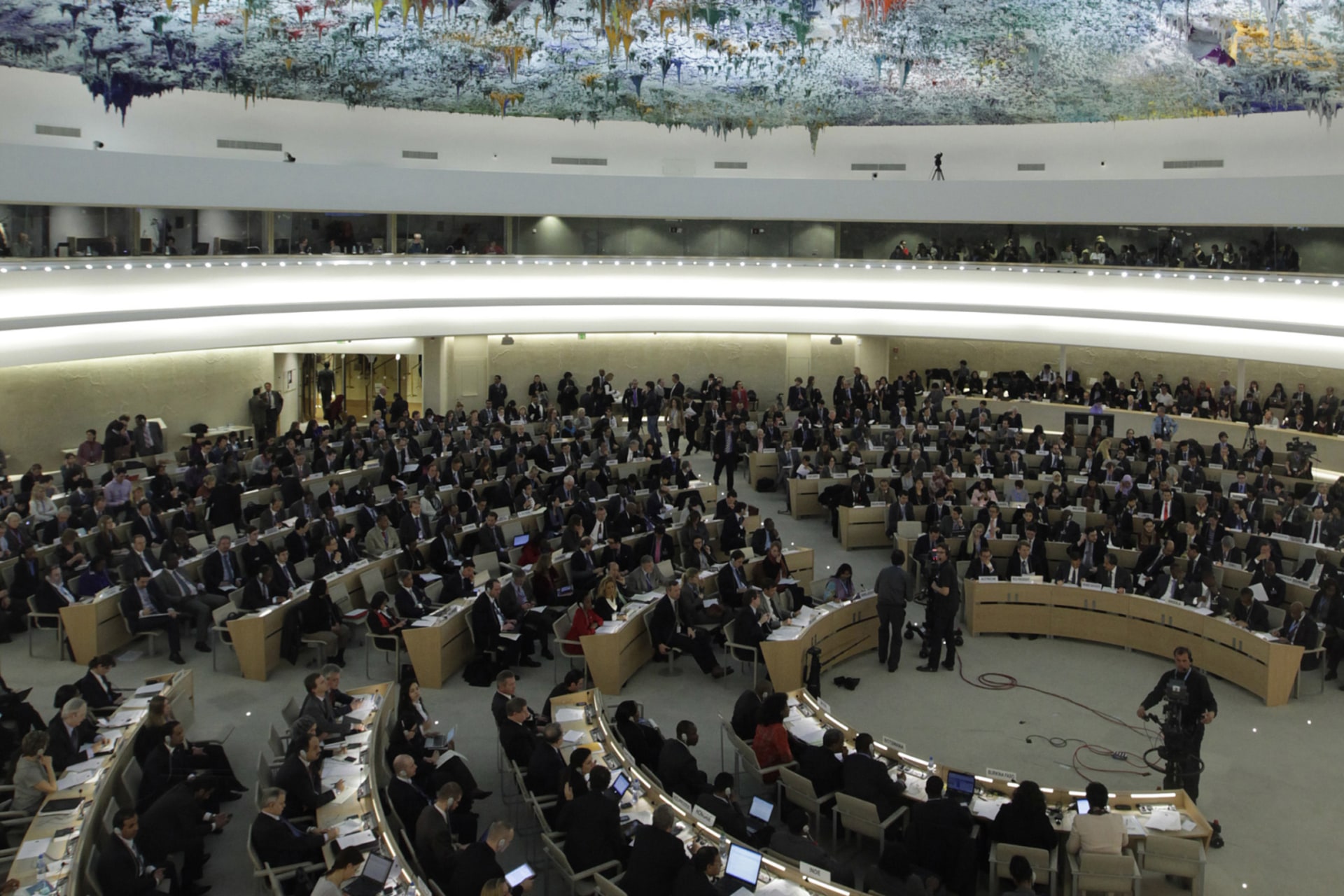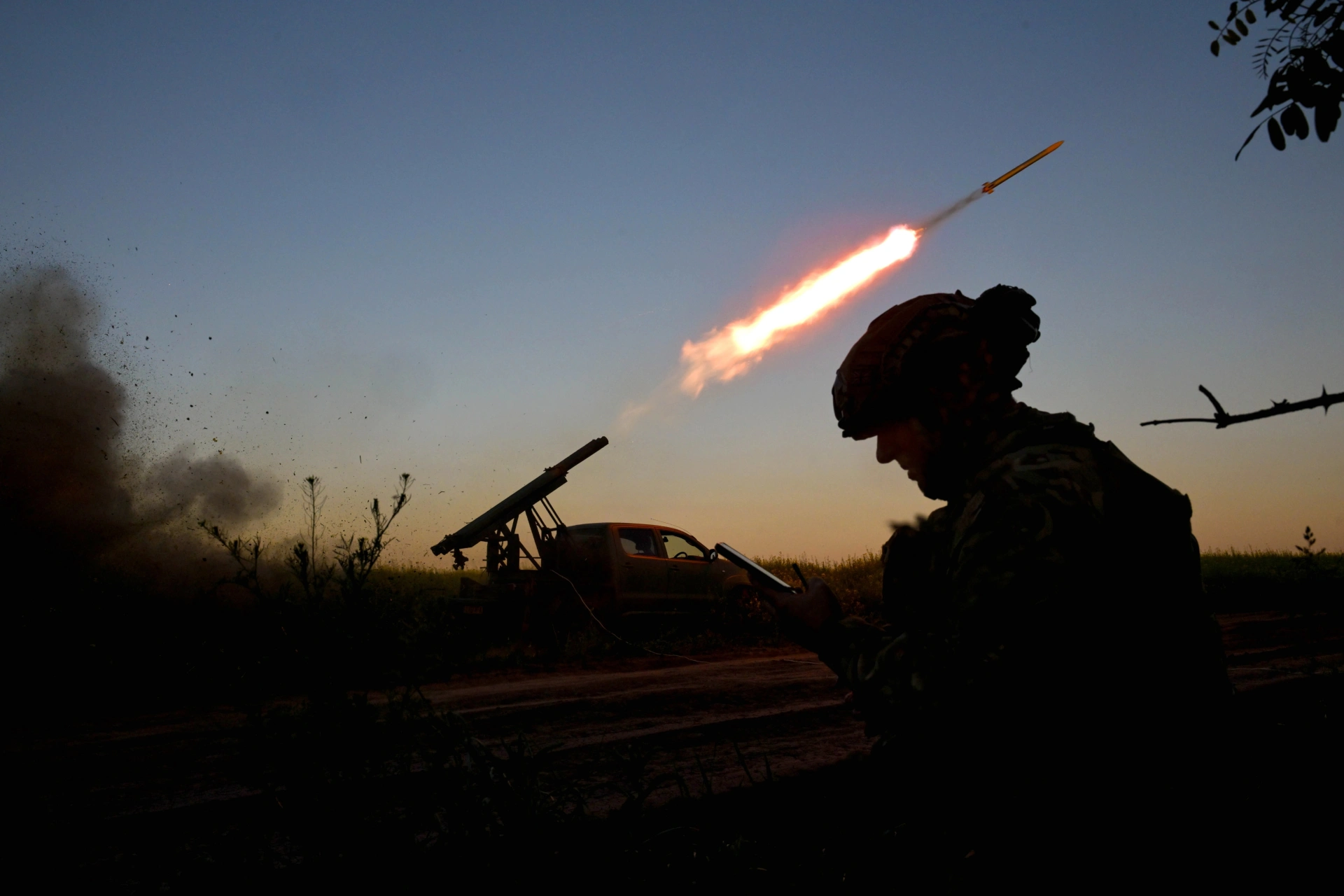Advancing Human Rights in the UN System

BY
- Suzanne NosselFormer Visiting Senior Fellow for Global Governance
Overview
In this Working Paper, Suzanne Nossel discusses how the United Nations‘ main human rights body, the UN Human Rights Council (UNHRC), has changed for the better since the United States joined the organ in 2009. Drawing from her considerable experience as deputy assistant secretary of state for international organizations from August 2009 to November 2011--during which she had significant responsibility for U.S. engagement at the UN Human Rights Council--Nossel provides powerful insights into the approaches and tactics that led to the attainment of U.S. objectives during the first years of its participation at the UNHRC. According to Nossel, “The story of how the United States and others turned around the Human Rights Council since joining the body in 2009 offers a case study on effective tactics for achieving U.S. policy goals through multilateral diplomacy and advancing human rights norms at the United Nations.” Overall, Nossel finds that “due in significant part to vigorous, determined efforts by the United States, the Human Rights Council demonstrates a newfound credibility as a human rights watchdog.” The Working Paper also offers several policy recommendations to help the United States both maintain and build upon the council’s progress.t





